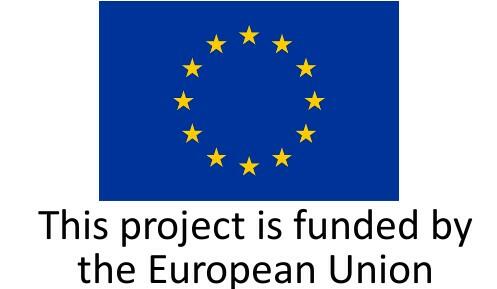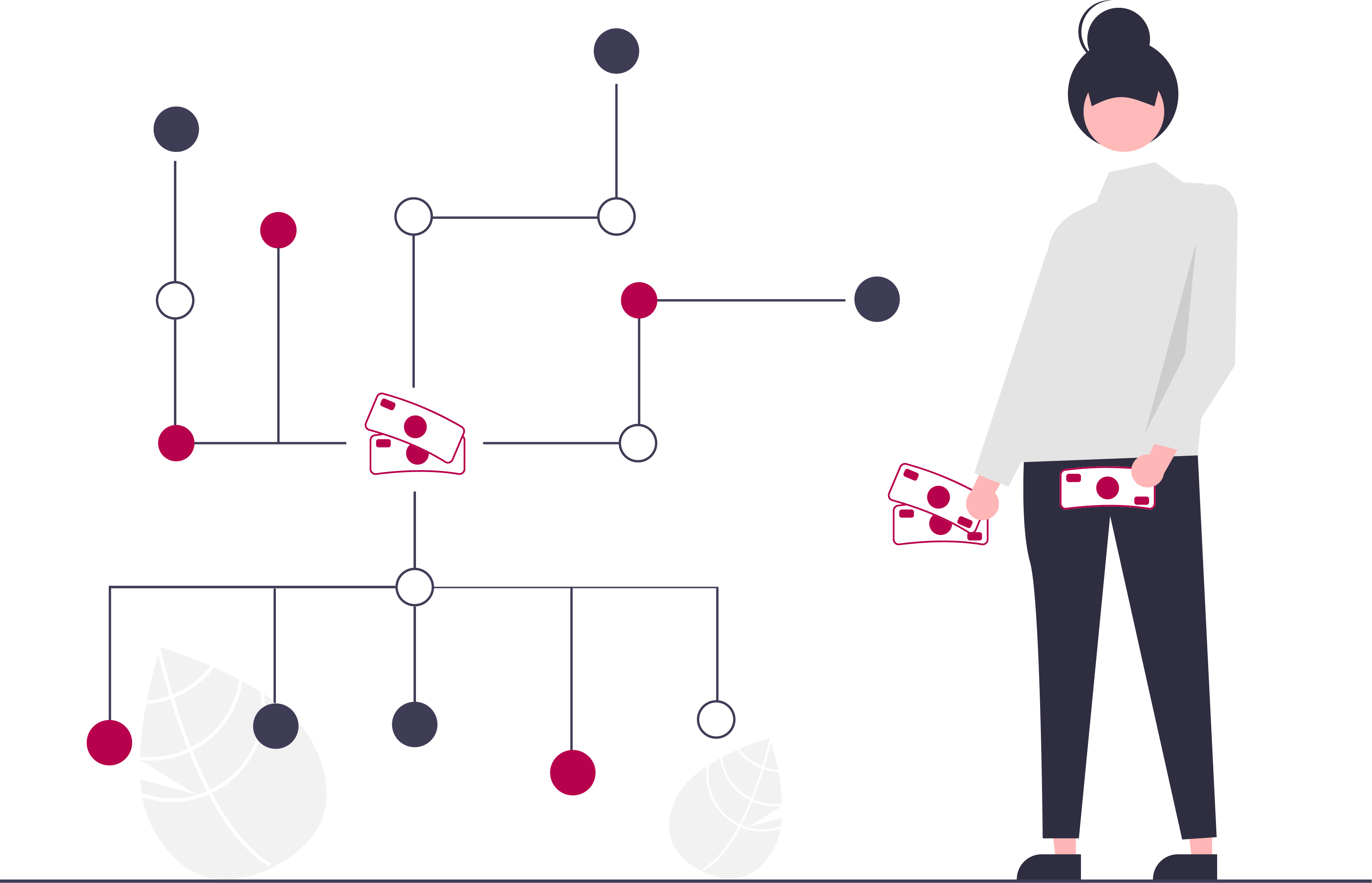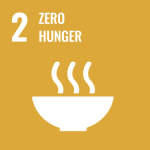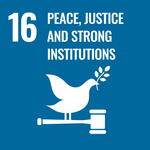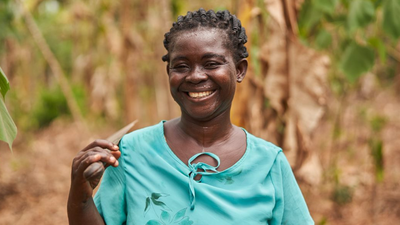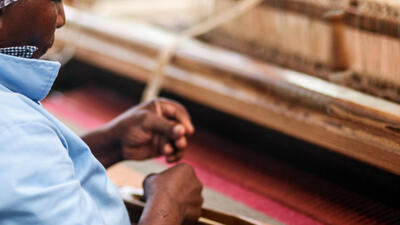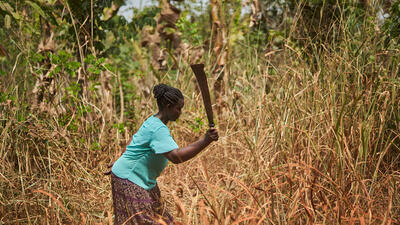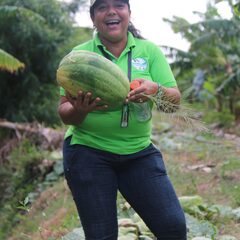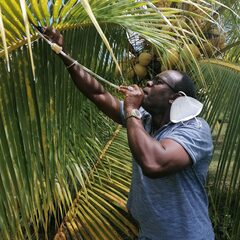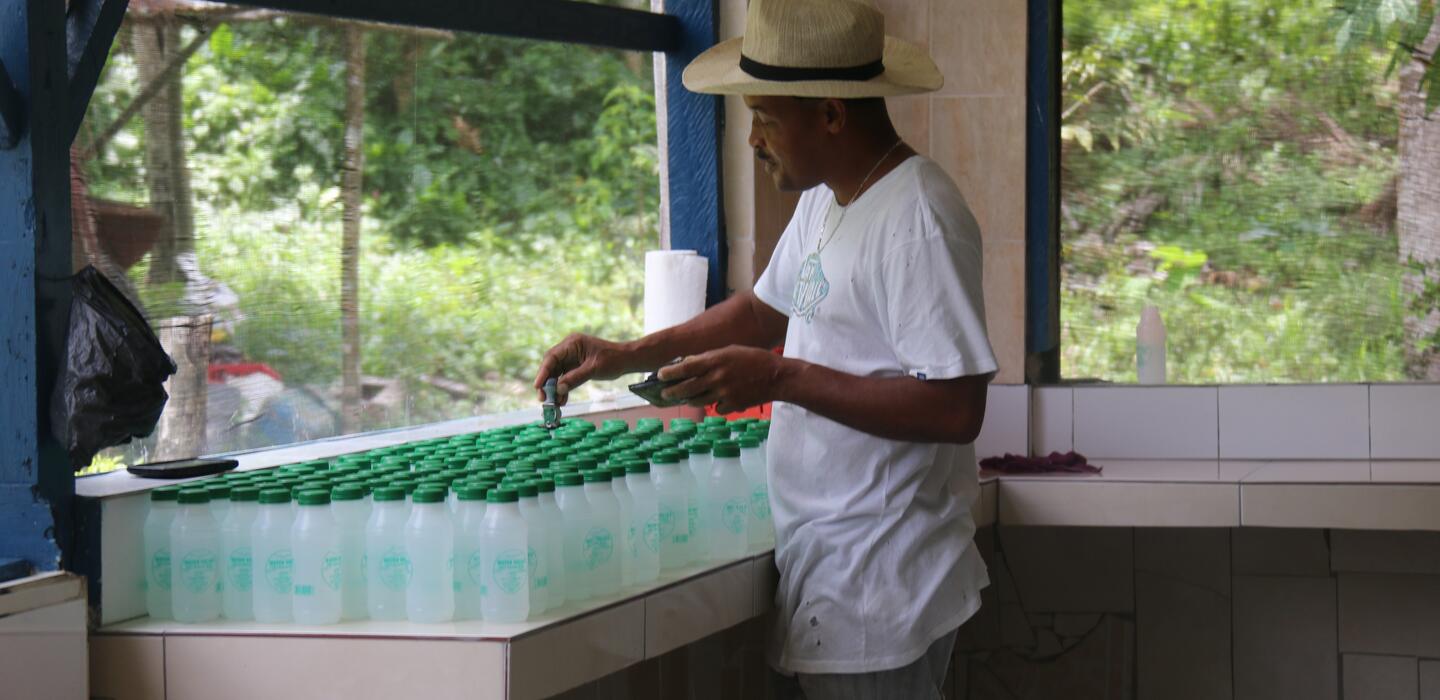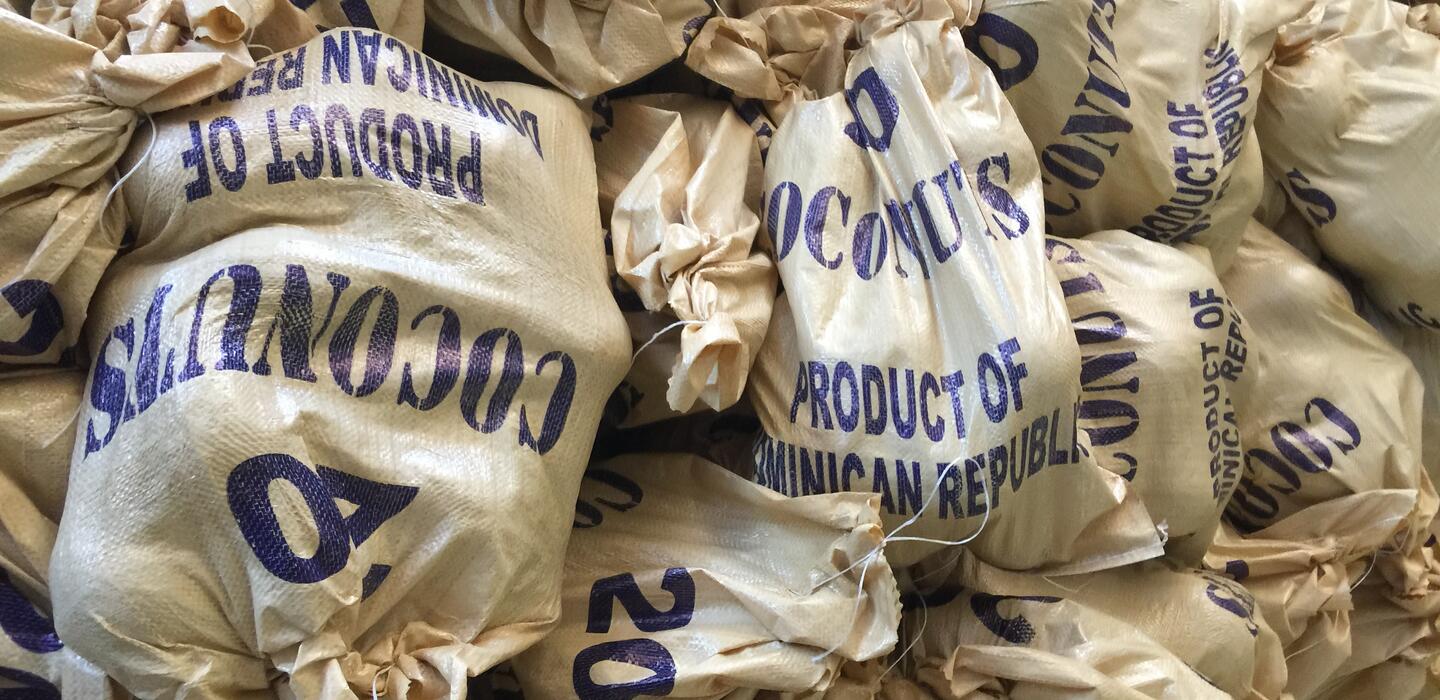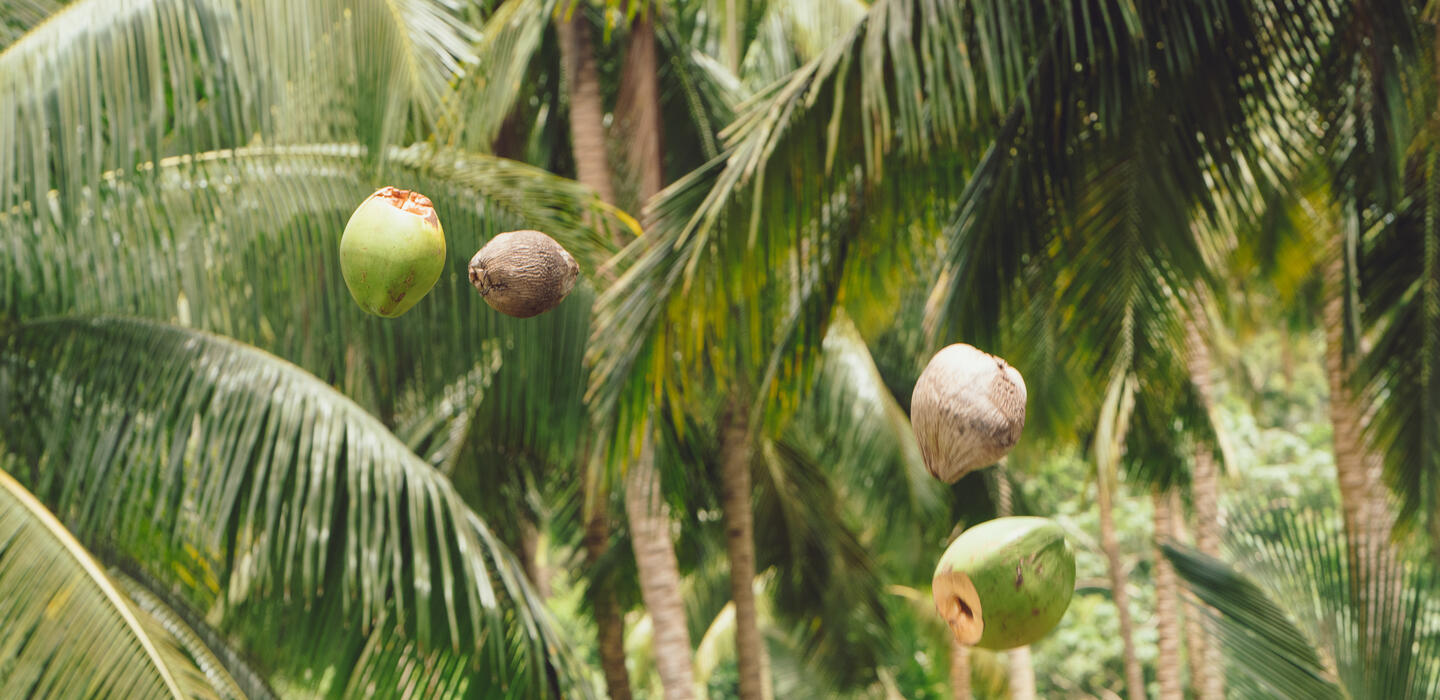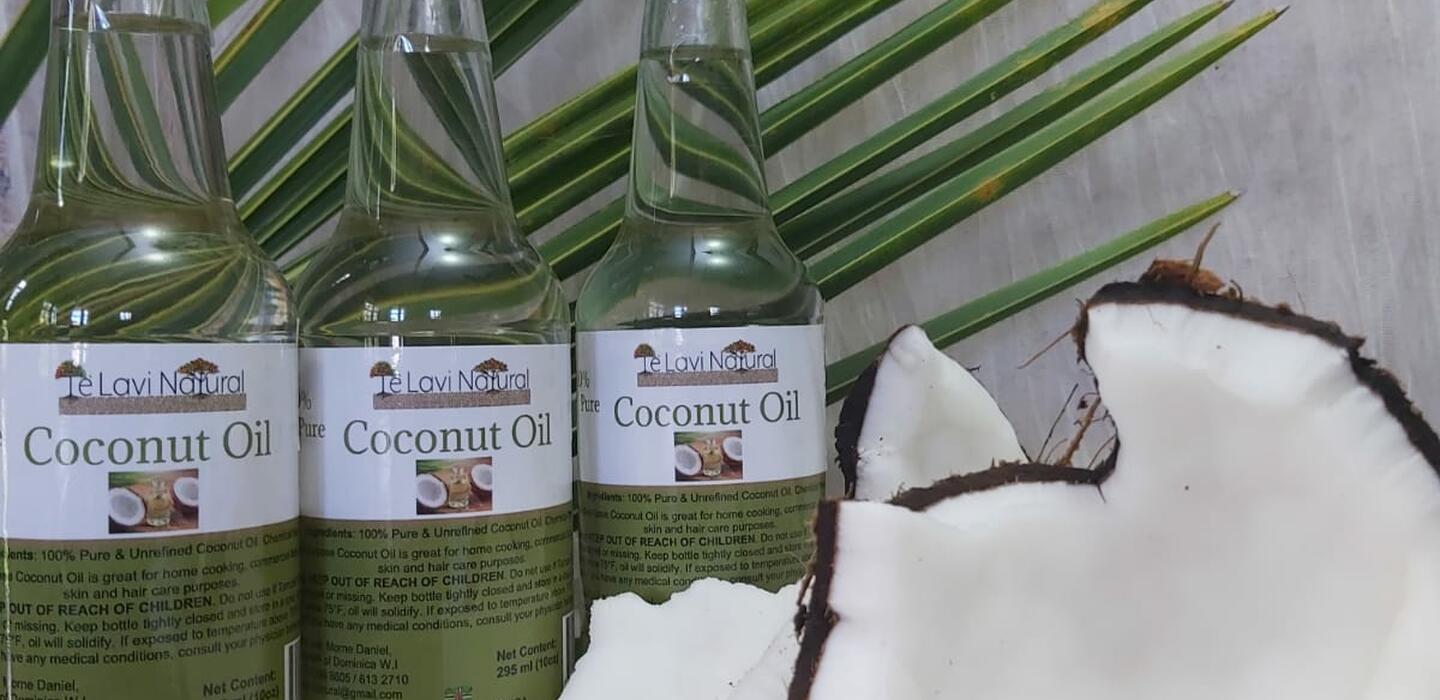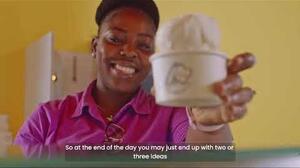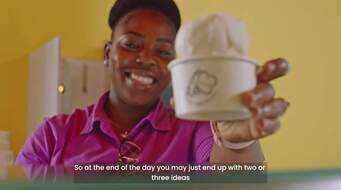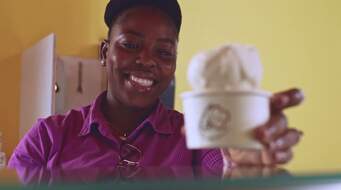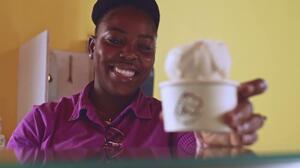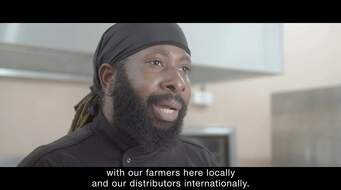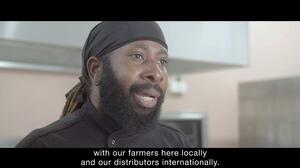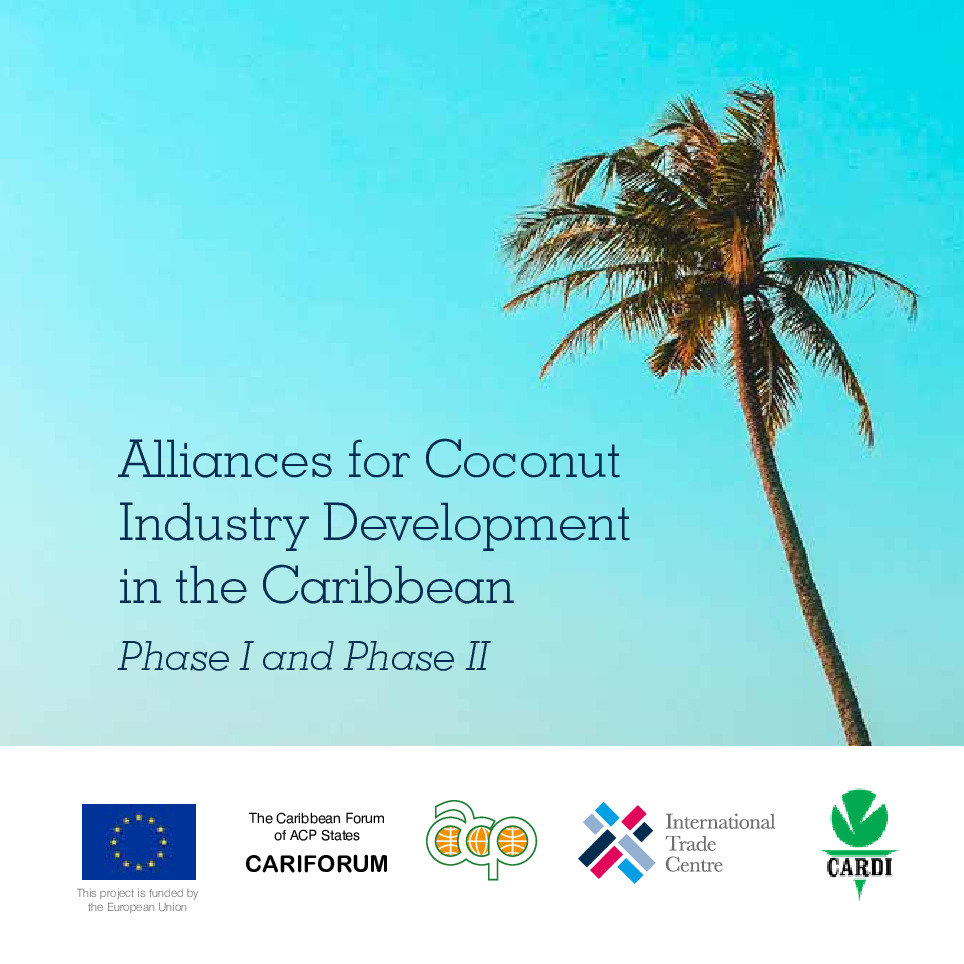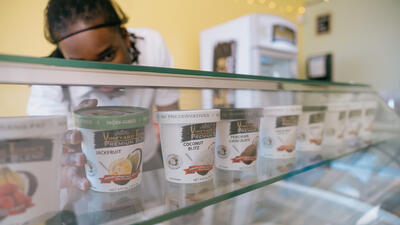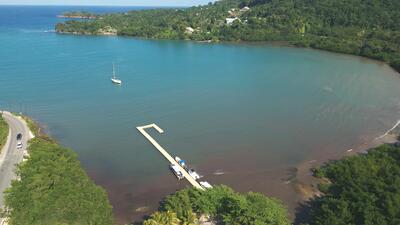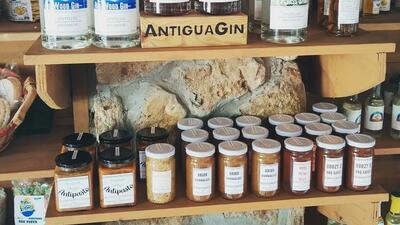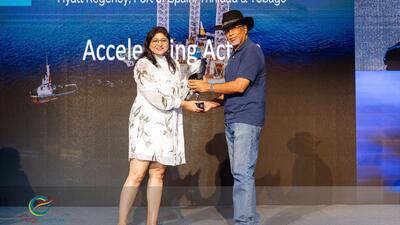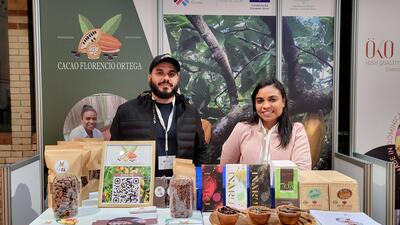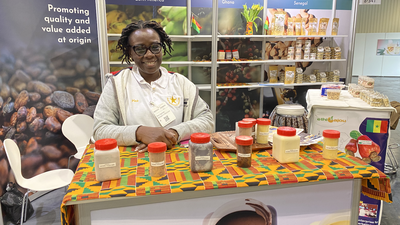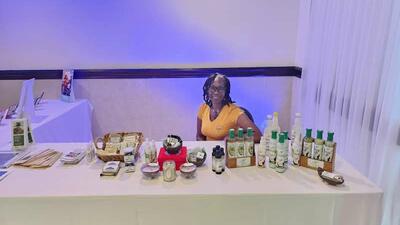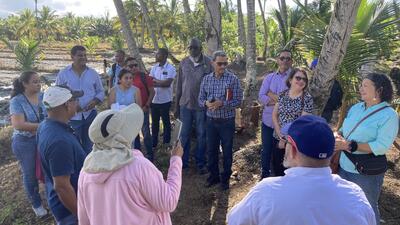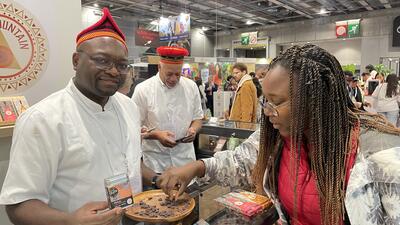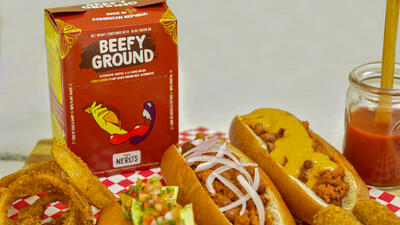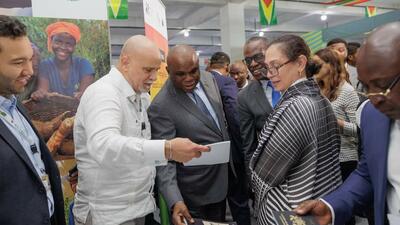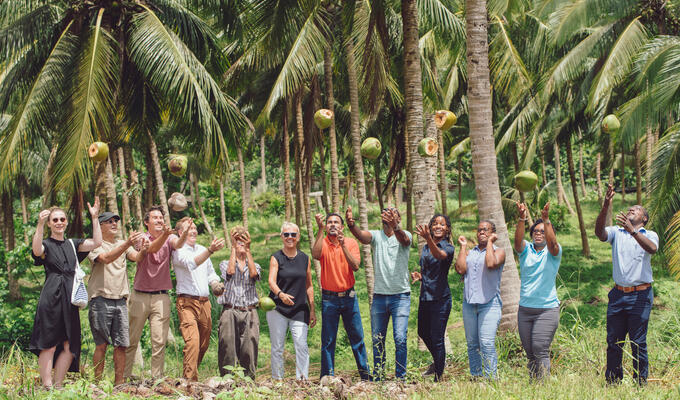
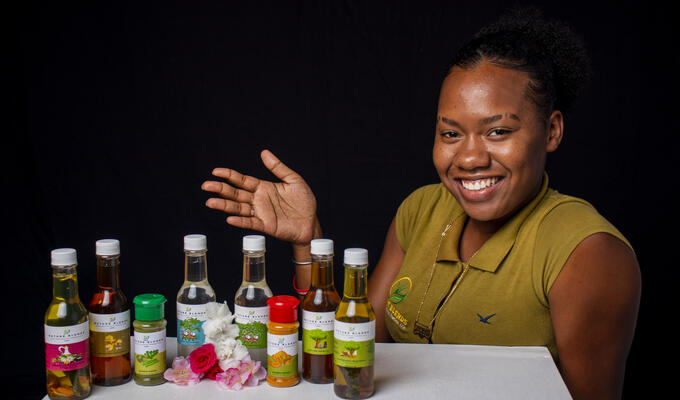
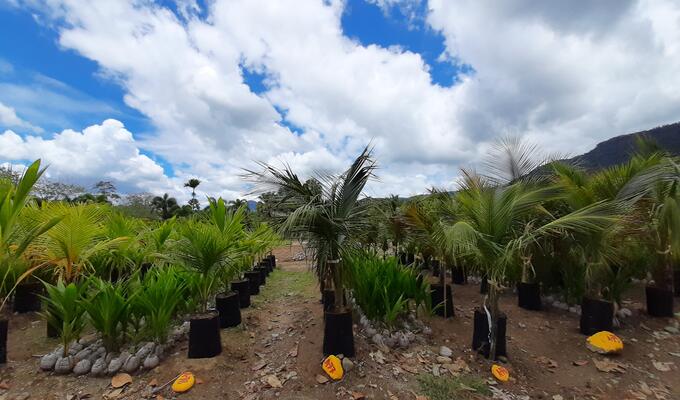
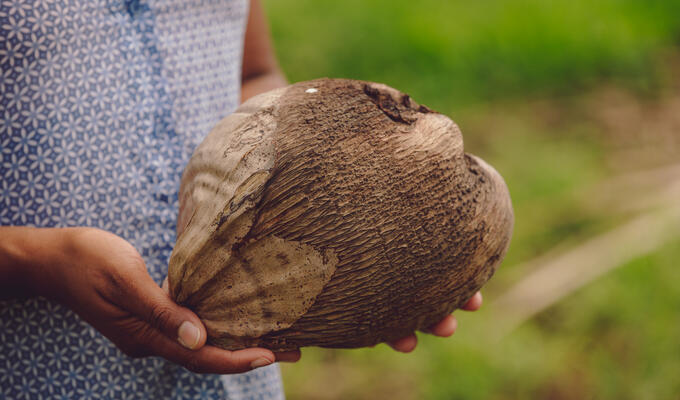
Caribbean: Development of value added products and intra-regional trade to enhance livelihoods from coconuts II
Overview
Summary
The overall objective of the Action (Alliances for Coconut Industry Development for the Caribbean Phase II) is to enhance competitiveness of small-scale farmers in coconut value chains through more sustainable production and commercialization performance and better local, regional, and global markets integration. This involves the implementation of an integrated and coordinated approach that results in enhanced competitiveness and resilience for the farmers, MSMEs and VC operators involved in coconut and associated crops value chains.
The proposal takes into consideration the outcomes, lessons learned and experiences gained during the implementation of phase I and aims to consolidate and increase its impact, scale, scope and sustainability. Following ITC’s participatory process, phase II project proposal was officially endorsed by the CARICOM Council for Trade and Economic Development (COTED) and by the CARIFORUM Directorate.
Partners
Sustainable Development Goals
Projects
Boosting the Caribbean’s coconut sector from farm to fork
ITC’s Alliances for Action, together with the Caribbean Agricultural Research and Development Institute (CARDI) and partners, has been working since 2015 to mobilize investment, revive the food growing industry, boost the incomes of small-scale farmers and processors in the region.
We began with the coconut sector, bringing in needed investment, ramping up the farmers’ productive and commercial capacities, and increasing small firms’ competitiveness. Farmers have learned new crops and are now intercropping with other foods, such as bananas.
Coconut farmers, small firms and the region at large have also become economically stronger by tapping into local, regional and international markets. This has boosted their resilience to climate change, diversified their income and will help them survive the economic shock if a single product collapses.
Our current project phase replicates this model across the Caribbean where we will continue to emphasize public and private partnerships from ‘farm to fork’: from growing to processing, to marketing and market access.
















